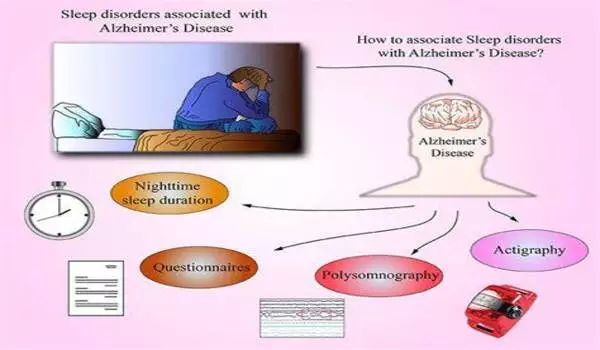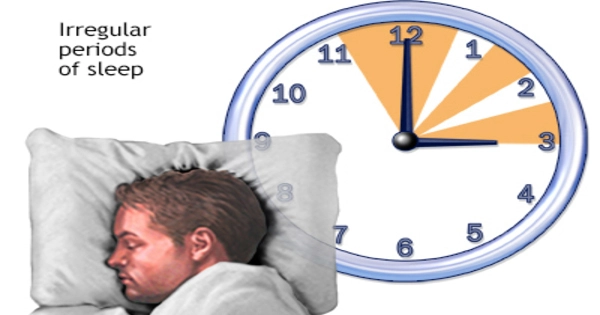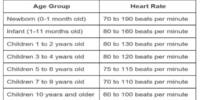According to new research published in the December 13, 2023, online issue of Neurology®, the medical journal of the American Academy of Neurology, people who have very irregular sleep patterns may have a higher risk of dementia than those who have more regular sleep patterns. The study does not prove that sleep disruption causes dementia. It only shows an association.
Sleep regularity refers to how consistently you go to bed and wake up at the same time every day.
“Sleep health recommendations often focus on getting the recommended amount of sleep, which is seven to nine hours per night, but there is less emphasis on maintaining regular sleep schedules,” study author Matthew Paul Pase, PhD of Monash University in Melbourne, Australia, said. “Our findings suggest the regularity of a person’s sleep is an important factor when considering a person’s risk of dementia.”
The study included 88,094 people in the United Kingdom, with an average age of 62. They were followed for seven years on average.
Sleep health recommendations often focus on getting the recommended amount of sleep, which is seven to nine hours per night, but there is less emphasis on maintaining regular sleep schedules. Our findings suggest the regularity of a person’s sleep is an important factor when considering a person’s risk of dementia.
Matthew Paul Pase
For seven days, participants wore a wrist device that measured their sleep cycle. The researchers then calculated the consistency of the participants’ sleep. They calculated the likelihood of being in the same sleep state, either asleep or awake, at any two-time points 24 hours apart, averaged over seven days. A person with a sleep regularity index of 100 sleeps and wakes at the same times every day, whereas a person with a sleep regularity index of 0 sleeps and wakes at different times every day.
Researchers then examined medical records to determine which participants developed dementia and discovered 480 cases. Researchers discovered associations between sleep regularity and dementia risk. Compared to those with an average sleep regularity index, the risk of dementia was highest for people who had the most irregular sleep.

With an average score of 41, people in the bottom fifth percentile had the most irregular sleep. With an average score of 71, those in the top 95th percentile slept the most regularly. The average sleep regularity score for these two groups was 60.
Researchers discovered that those with the most irregular sleep were 53% more likely to develop dementia than those in the middle group after controlling for age, gender, and genetic risk of Alzheimer’s disease. Researchers discovered that people who slept the most regularly did not have a lower risk of developing dementia than those in the middle group.
“Effective sleep health education combined with behavioral therapies can improve irregular sleep patterns,” Pase told the audience. “Our findings suggest that people with irregular sleep may only need to improve their sleep regularity to average levels, rather than very high levels, to avoid dementia. Future research is required to validate our findings.”
Pase stated that, while they controlled for several factors that may influence dementia risk, they cannot rule out the possibility that another unknown factor may play a role in the association between sleep regularity and dementia.
















